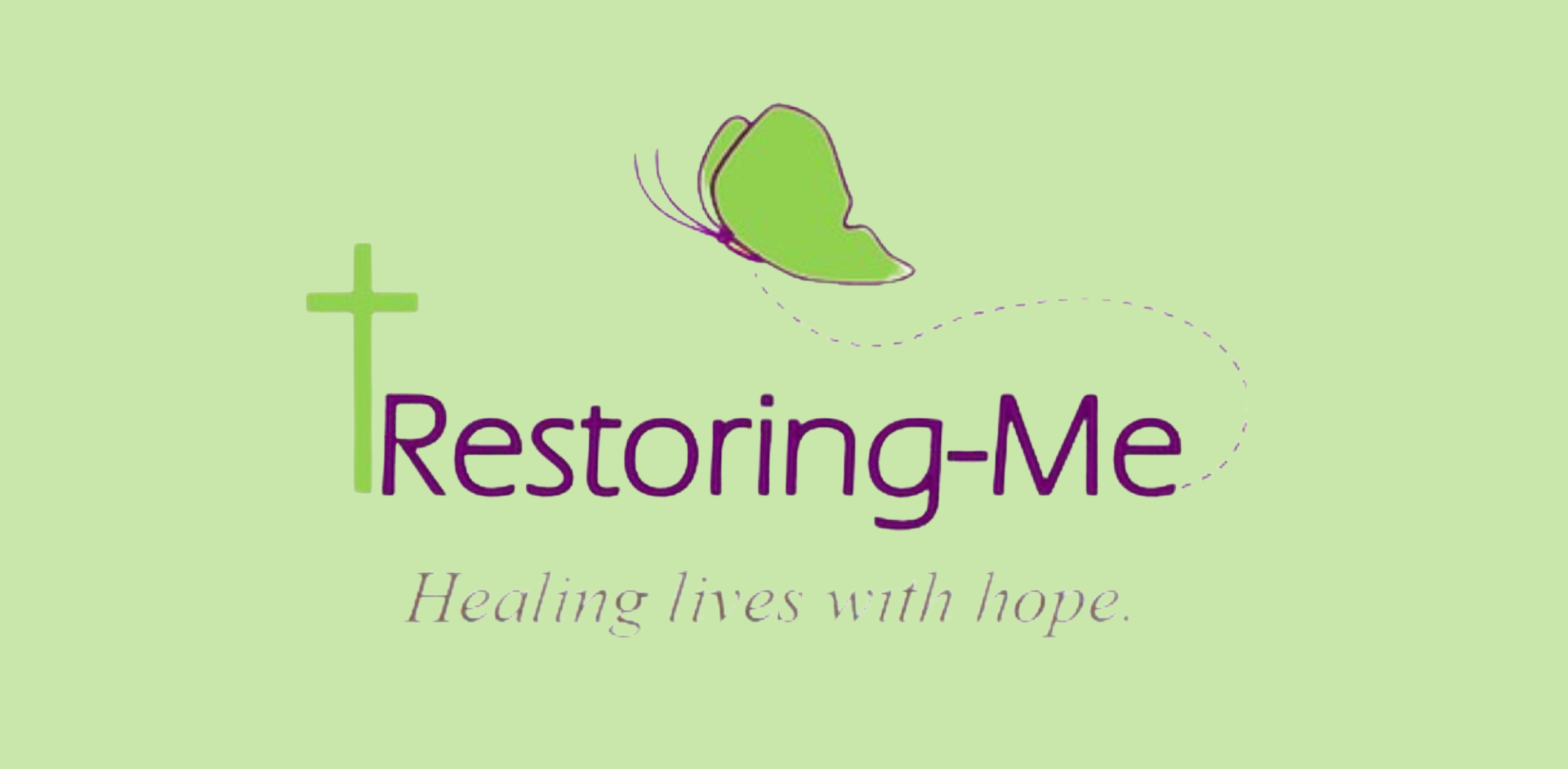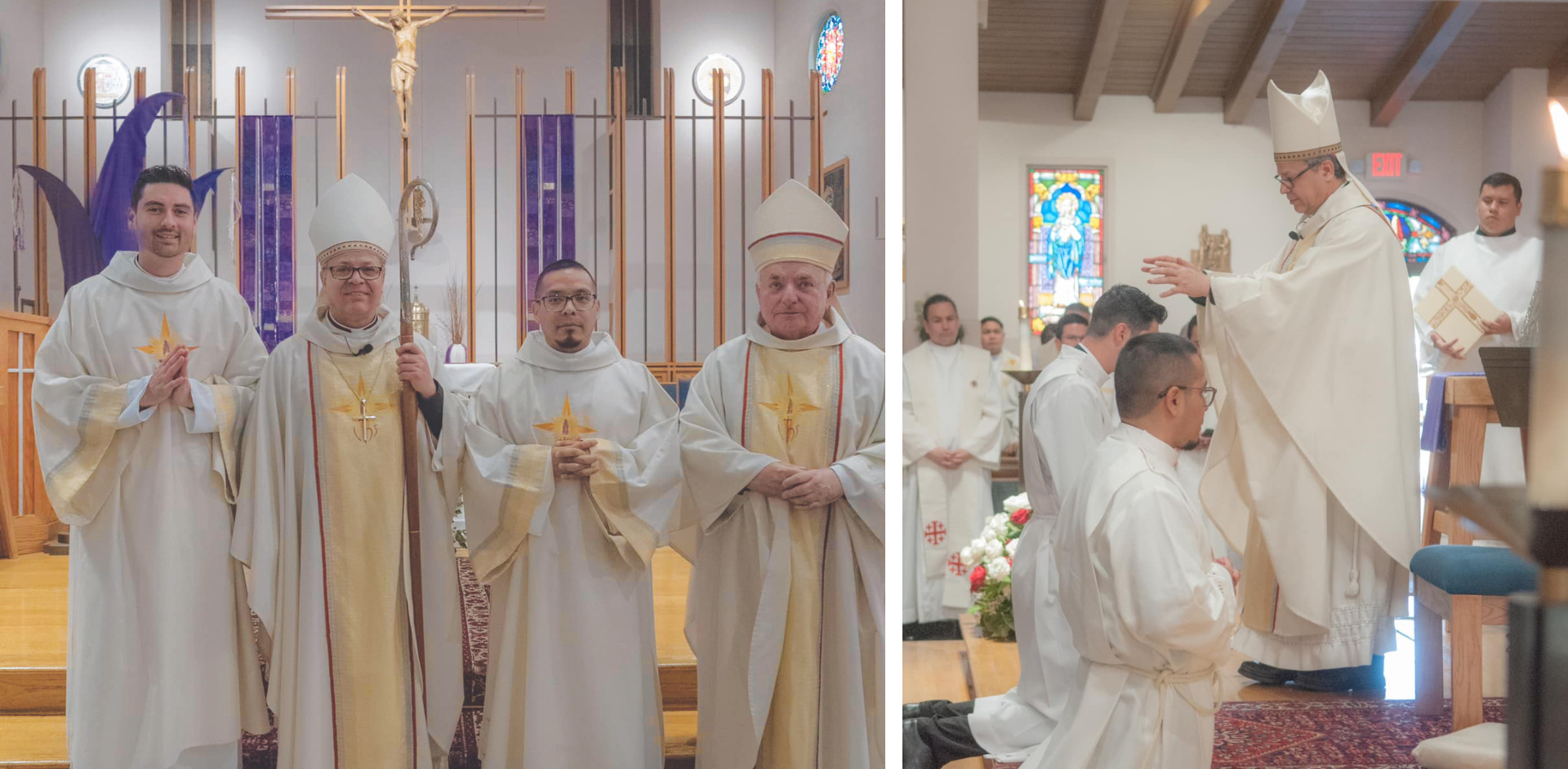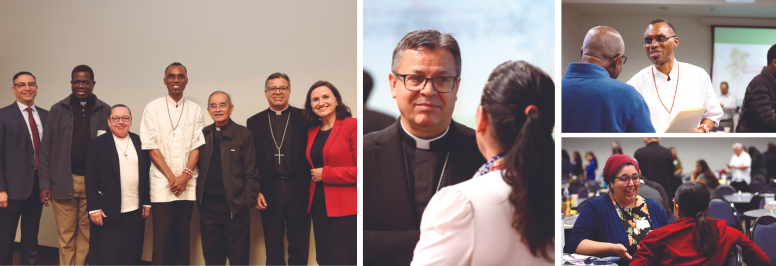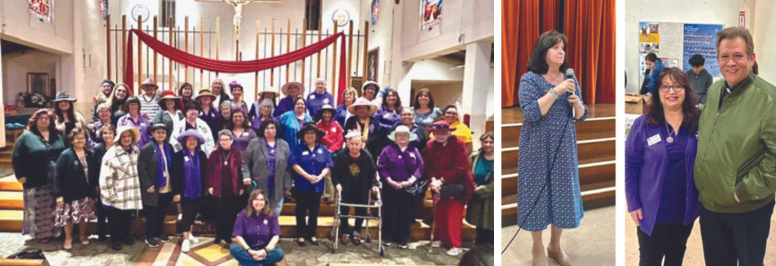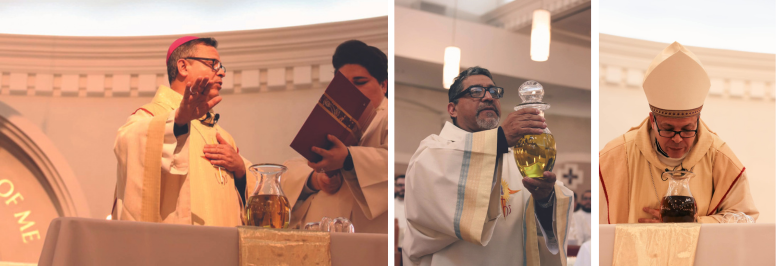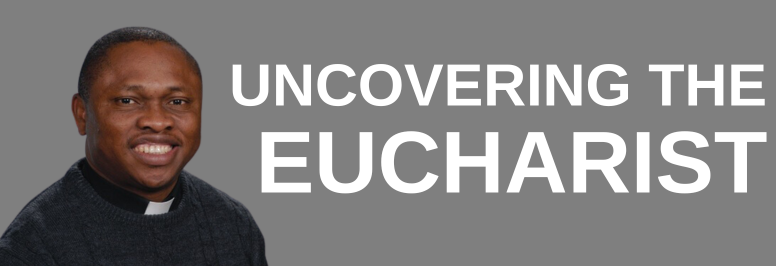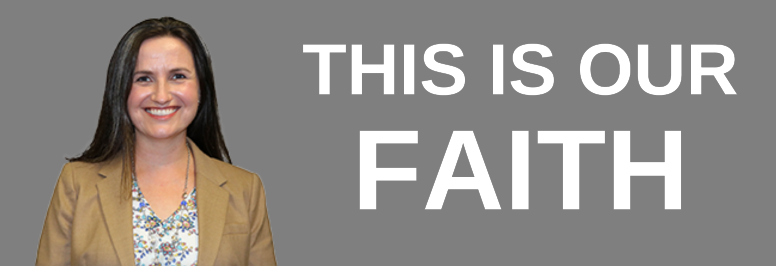So I was taken aback the other day when a friend told me one of our local schools had disposed of all the books in their library.
“All their books?” I asked, wondering if they were following the modern trend of becoming a cyber-library with computers and other electronic retrieval systems to provide access to the combined knowledge and wisdom of centuries of recorded thought.
How was that going to inspire anyone to read anything that wasn’t a class assignment?
Instead of immersing ourselves among the stacks of authors and ideas were we to sit in front of our sterile computer screens and only view those topics that we can think of at the moment? Or what about the myriad stimuli we get from competing book titles seeking to expand our vision or brightly colored illustrations and book jackets/covers to draw us into the left side of our brain?
And then I thought, how would I feel if the Bible, the inspired word of God, was turned into just a series of electronic bits and bytes. Would it read the same on a screen as it does in my hands? I don’t think so.
As a catechist, I often describe to someone who is unfamiliar with the Bible that it is like a library, a collection of books, sorted by theme and chronology, and accessed by way of a “decimal system” (not Dewey’s) that we commonly refer to as Book, chapter and verse.
The author of the Gospel of John, for example, in chapter 21, verse 25 (commonly notated as Jn. 21:25), explains that:
“There are also many other things that Jesus did, but if these were to be described individually, I do not think the whole world would contain the books that would be written.”
Unimaginable 2,000 years ago… yet today, with the advent of computers and gigabyte or terabyte storage, the storage of all recorded knowledge is no longer such an outlandish concept.
But is it necessarily a good idea to remove the source books and rely solely upon technology for back up and retrieval? After all, how many times have we updated our computer’s operating system (OS) only to discover that the newer systems make our older programs obsolete? Or a computer glitch crashing our system and making our files irretrievable.
It would be a travesty to wipe out all evidence of the printed page, akin to the futuristic novel, “Fahrenheit 451” by Ray Bradbury, where it became illegal to own a book or to have and express independent thought in their dystopic society.
Reading is fundamental to a democracy. And as people of “the Book” we need to find ways to share this same Good News of Jesus with all who desire to know God, especially those on the peripheries of society who may not (or can’t afford to be) electronic-savvy.
As Catholics we live by faith, certainly, but we also cling to the Bible, the written word of God and find solace in our ability to grasp it in our hands and turn its pages as we read about our loving God and the wonderful things His son, Jesus, did on our behalf.
Jesus demonstrates this best when he goes to the synagogue, is handed a scroll and reads aloud from a passage by the Prophet Isaiah to the assembly (Lk 4: 16-22):
“The Spirit of the Lord is upon me, because he has anointed me to bring glad tidings to the poor. He has sent me to proclaim liberty to captives and recovery of sight to the blind, to let the oppressed go free, and to proclaim a year acceptable to the Lord.”
If that’s not an inspirational message, nothing is.
So instead of emptying out our libraries maybe we should be building “human libraries” where the people take in the word and live it in their daily lives so that, should technology fail us, we will still have God’s Word alive in our hearts, ready to be shared with those who failed to make a “back up.”
John Degano is a deacon at St. Catherine of Alexandria parish in Riverside.





